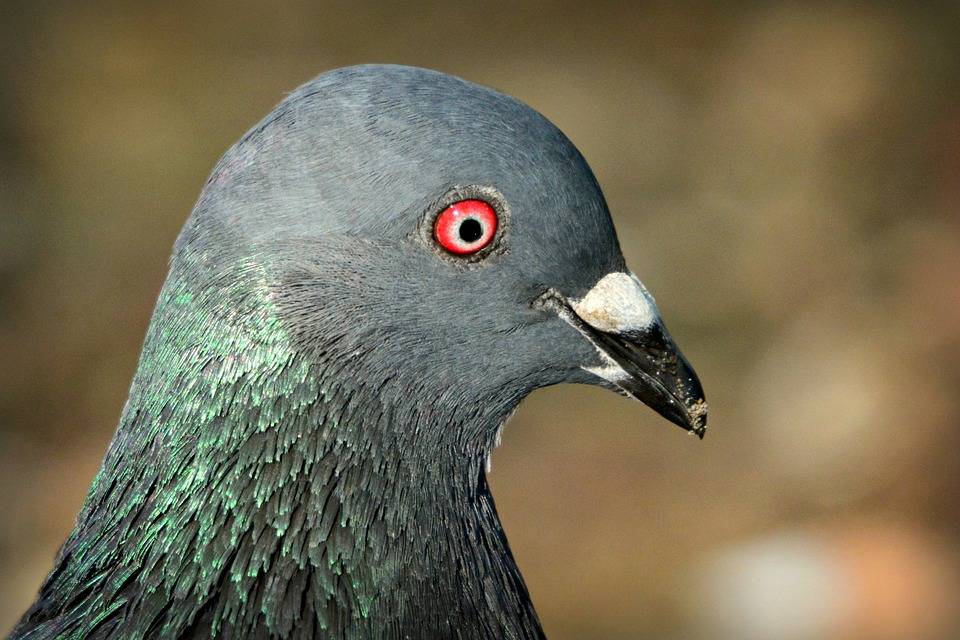The Pros and Cons of Bird Feeders in Lexington, Kentucky
The Benefits of Bird Feeders
Bird feeders can be a wonderful addition to any backyard in Lexington, Kentucky, providing numerous benefits for both humans and birds alike. Here are some advantages of having bird feeders:
1. Bird Watching
Bird feeders attract a variety of bird species, offering a unique opportunity to observe and appreciate their beauty up close. In Lexington, with its diverse avian population, bird watching can be a delightful and educational pastime for individuals of all ages.
2. Ecological Balance
Birds play a crucial role in maintaining the ecological balance in Lexington, Kentucky. By providing birds with a steady food source, bird feeders can help sustain their populations and contribute to a healthy ecosystem. This, in turn, can have positive effects on pest control, seed dispersal, and pollination.
3. Pest Control
Certain bird species, such as chickadees and titmice, feed on insects and caterpillars that can be harmful to trees and plants. By attracting these birds to your backyard with a bird feeder, you can naturally control pests without the need for harmful pesticides. This can be particularly beneficial for maintaining the health of your garden or landscaping.
4. Educational Opportunities
Bird feeders in Lexington, Kentucky can serve as valuable educational tools, especially for children. Observing birds at feeders can spark curiosity and foster an interest in wildlife and conservation. It provides an opportunity to learn about different bird species, their behaviors, and their habitats.
The Drawbacks of Bird Feeders
While bird feeders offer numerous advantages, it is important to consider the potential drawbacks as well:
1. Predation
Bird feeders can attract not only birds but also predators such as squirrels, raccoons, and even domestic cats. These predators can pose a threat to the birds themselves or their eggs and young. It is crucial to take measures to minimize predation risks, such as placing feeders in safe and elevated locations or using squirrel-proof feeders.
2. Disease Transmission
When birds congregate at feeders, there is an increased risk of disease transmission among them. Common bird feeder diseases include salmonellosis and avian pox. To mitigate this risk, it is important to regularly clean and disinfect feeders, ensuring that they are free from contaminated food or droppings.
3. Seed Waste and Mess
Bird feeders can generate seed waste, as birds may selectively eat their preferred seeds and discard the rest. This can lead to an accumulation of seeds on the ground, attracting unwanted pests such as rodents. Additionally, bird droppings around the feeder area can create a mess that requires regular cleaning.
4. Dependency on Feeders
Birds that become reliant on feeders may become less self-sufficient in finding natural food sources. This can disrupt their natural foraging behaviors and potentially impact their long-term survival if the feeders are suddenly removed or unavailable.
Conclusion
In conclusion, bird feeders can be a valuable addition to any backyard in Lexington, Kentucky, providing opportunities for bird watching, ecological balance, pest control, and education. However, it is important to be aware of the potential drawbacks, such as predation, disease transmission, seed waste, and dependency on feeders. By taking necessary precautions and maintaining feeders properly, you can enjoy the benefits of bird feeders while minimizing the associated risks.
If you require professional wildlife control services in Lexington, Kentucky, contact [Company Name] today. Our team of experts can help you address any wildlife-related concerns you may have, ensuring a safe and harmonious coexistence with nature.

